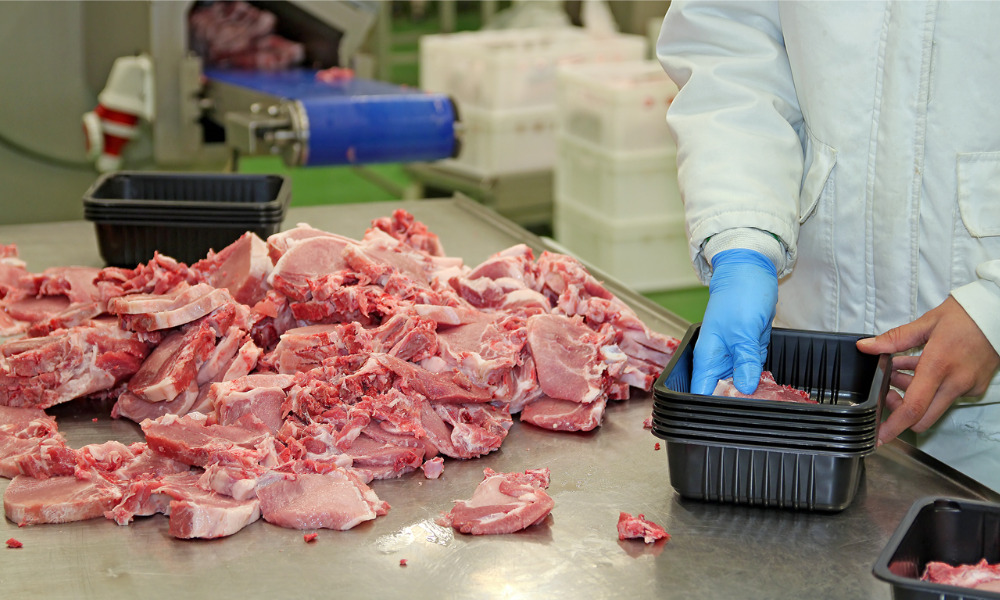
The case involved a worker who suffered a severe hand injury while using a brisket cutter

The High Court has upheld the conviction of a meat processing business for inadequate implementation of workplace policies and procedures, leading to a worker's injury.
The case, Progressive Meats Limited v Worksafe New Zealand [2023] NZHC 3784, involved an incident where a worker using a brisket cutter suffered a severe hand injury, leading to the amputation of a part of his hand. WorkSafe New Zealand (WorkSafe) charged Progressive Meats Ltd with failing to ensure the health and safety of its workers, exposing them to a risk of death or serious injury arising from the use of the plant.
The charges included alleged lapses in recognising the risk associated with the brisket cutter and inadequacies in the training and supervision of the victim. Specifically, WorkSafe alleged that Progressive Meats should have recognised the risk that the two-handed control on the brisket cutter could be bypassed, and it should have ensured the victim was properly trained and supervised.
Following a defended hearing in the Hastings District Court, the judge dismissed the allegation related to the safety defect in the brisket cutter but found Progressive Meats Ltd failed to ensure adequate training for the victim, leading to the conviction.
Progressive Meats appealed, arguing that the judge committed an error in finding inadequate training and that the evidence did not support such a conclusion to the required criminal standard. The appellant, Progressive Meats, further claimed contradictions in the judge's findings regarding the company's robust safety systems and lack of knowledge about the brisket cutter's one-handed use.
The appellant's submissions centred on the insufficiency of evidence supporting the victim's training and questioned whether the company authorised the co-worker who allegedly trained the victim. The High Court, however, rejected these arguments, affirming the judge's conclusion that the victim was inadequately trained in using the brisket cutter with one hand.
The High Court emphasised that the responsibility for the deficiencies in training and safety procedures rests with Progressive Meats, even if its overall systems and processes were deemed compliant with the Health and Safety at Work Act 2015 (HSWA). The court noted that the purpose of the HSWA is to provide a balanced framework to secure the health and safety of workers and workplaces.
Furthermore, the court explained that the HSWA "does not require employers to ensure that accidents never happen" but rather "requires them to take such steps as are practicable to provide and maintain a safe working environment." The court also noted that the business is liable for acts or omissions by its agents. Accordingly, if a person in charge of a workplace fails to implement a workplace safety policy correctly and, as a result, exposes workers to risk, the business is liable for that conduct.
Ultimately, the court found that the monitoring and supervision of the victim was inadequate. The court pointed out the victim's evidence that he was only checked on once by the leading hand while using the brisket cutter.
The court was satisfied that the judge made no error in finding that although the appellant's systems and processes were robust, the implementation of the workplace policies and procedures on the ground were inadequate, exposing the victim to a risk of serious injury. Accordingly, the court dismissed the appeal.